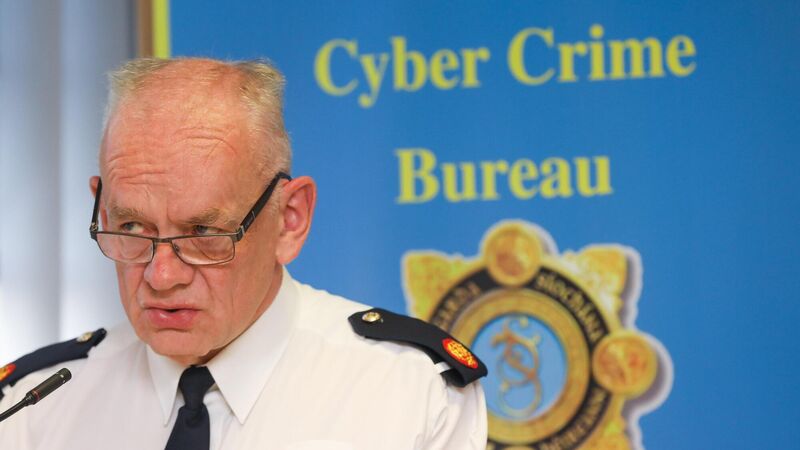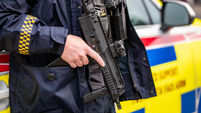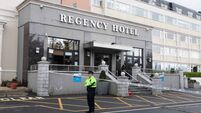Five-fold increase in arrests under special 'gangland' law

Garda Assistant Commissioner John O'Driscoll said that the 2009 act provided 'important measures that greatly assist' gardaí in tackling gangs. Picture: Leah Farrell / RollingNews.ie
Use of special ‘gangland’ arrest powers has jumped five-fold over the last three years, with gardaí using them to target international money-laundering networks as well as Irish crime gangs.
The legislation — targeting gang bosses, lieutenants, members, and associates — sends any resulting prosecutions to the non-jury Special Criminal Court, unless the DPP directs them to the normal courts.













